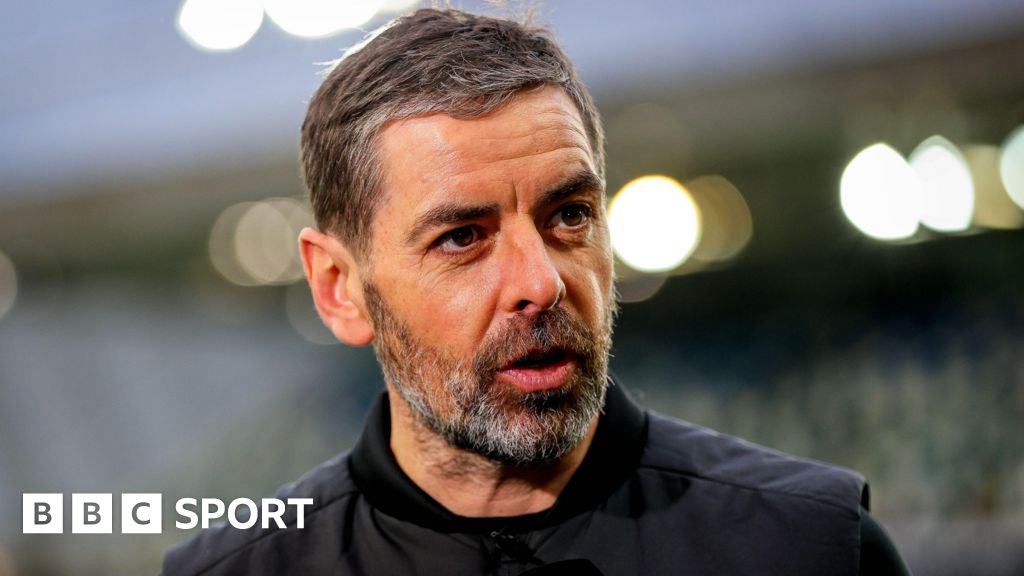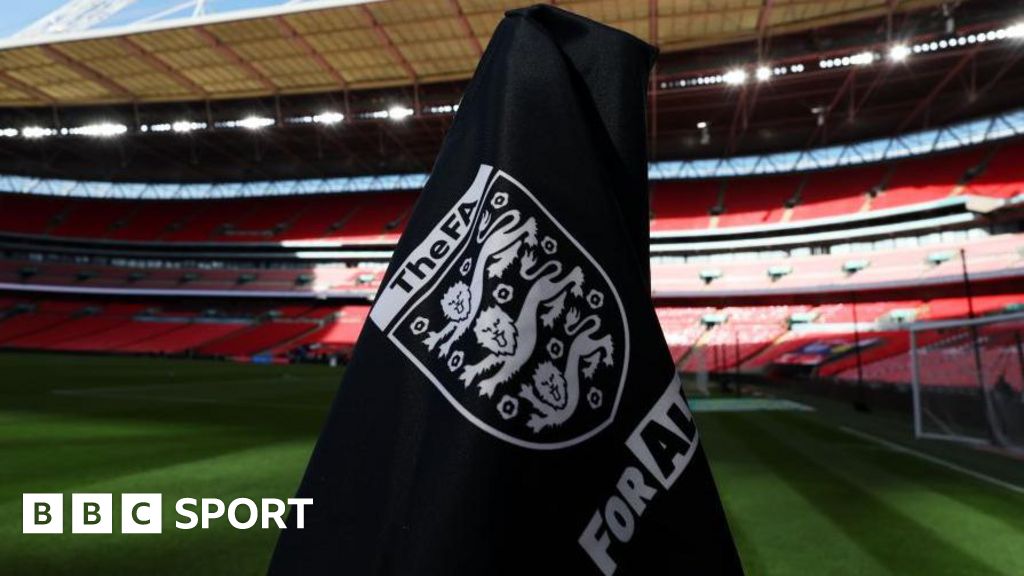ARTICLE AD BOX
The good news is that England aren't of the Women's World Cup. Yet.
Four wins from their remaining four games, starting with India on Wednesday, could see them through.
They would probably end up in a tie for fourth place in the group and, because their opening three defeats have been tight, their net run-rate is reasonable.
But to salvage hope from such a bleak outlook would be akin to a turkey taking pleasure from receiving its first Christmas card.
Since almost pulling off an audacious win in the drawn Ashes Test, England have been abject, losing six consecutive one-day internationals.
The defence of the title they won in 2017 is starting to feel eerily similar to the last time an England team played a 50-over World Cup in this corner of the planet.
On that occasion, England's men were dumped out by a humiliating defeat by Bangladesh. It should be lost on no one that the women's last group fixture this time around is against the same country, and the tournament debutants currently sit ahead of them in the table.
Yes, four of the six losses have come against the Australians, a winning juggernaut that might be the best international sports team on the planet.
But England have also contrived to lose a World Cup match against West Indies for the first time. The last time they lost to South Africa in this competition, off-spinner Charlie Dean hadn't been born.
It is important to remember that this is not the same England that lifted the trophy at Lord's five years ago.
Experienced and influential players like Laura Marsh, Sarah Taylor, Jenny Gunn and Dani Hazell have moved on.
The losses have been narrow. Twelve runs against Australia, seven runs to West Indies, three wickets by South Africa.
Still, that only tells half a story. Against Australia England leaked an alarming 310-3, the highest total ever made against them in an ODI, including 21 runs in wides.
Against West Indies it was 23 runs in wides and at least six missed chances in the field. South Africa benefitted from three clear drops and a missed stumping.
How can the unenforced errors be explained? If you know, head coach Lisa Keightley and captain Heather Knight would love to hear the answers.
Perhaps it is because England have been on tour for a long time. It is unheard of for England's women to follow an Ashes tour with a World Cup, a situation only arising because the tournament was postponed for a year because of the Covid pandemic. It's worth remembering that the men's Ashes cycle was changed to avoid such a scenario.
Then again, the growth of the women's game has been fuelled by players wanting to be challenged, and to play more. When that happens, it cannot be used as an excuse for a drop in standards.
Similarly, England could point to some 'bubble' fatigue. No women's team has played more during the pandemic.
However, since the end of the Ashes they have holidayed in beautiful Queenstown, played golf, been surfing and climbed the picturesque mountain that gives Mount Maunganui its name. They are hardly being held under lock and key.
The key question facing England now is how to turn a six-match losing streak into (at least) a four-game winning one?
Holding the catches would be a start. There were 'only' eight runs conceded in wides against South Africa, so that is an improvement.
After replacing Lauren Winfield-Hill at the top of the order, England will be desperate for Danni Wyatt to get a score, so that issue is put to bed.
More broadly, one wonders if captain Knight receives enough support from her senior players, if England are nimble enough to make the correct decisions under pressure and if, as a group, they have the maturity to battle through this difficult situations.
Somehow, Keightley, who has experienced first-class cricketers Gareth Breese, Jon Lewis and Michael Bates on her staff, will have to get England in the right frame of mind to beat India - the same team they defeated in the 2017 final - in the most important match they have played since that grey day at Lord's five years ago.
"As the coach, I take a huge amount of responsibility," said Australian Keightley. "It's up to me to drive the team and get wins on the board.
"I don't feel any more pressure than what the players feel. We came into this World Cup to play better than we have.
"The buck lies with me and I'm happy to cop that."
She's right, too.
Director of cricket Ashley Giles, head coach Chris Silverwood and batting coach Graham Thorpe all lost their roles in the wake of the men's Ashes humiliation. James Anderson and Stuart Broad, legends before they have even retired, have been left out of the subsequent series against West Indies.
England have four games not only to save their World Cup future.
They might also be playing for jobs and careers.

 2 years ago
30
2 years ago
30








 English (US)
English (US)